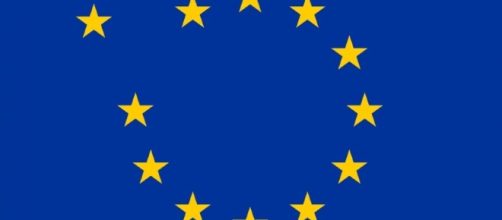It is surprising that the BBC have not made this headline news considering they love the EU so much, but Dame Judith Hackett, who chairs the manufacturers' group EEF, is one of many business leaders requesting a honeymoon period to extend the post-Brexit time frame by an additional two to three years to enable the financial sector to transition to Britain's exit from the superbloc. This would result in Britain retaining European Economic Area (EEA) membership. Britain does not need, nor desire, a five year transitional post-Brexit deal.
EEA benefits
After June 23rd, I could understand the pragmatic arguments behind remaining in the EEA as opposed to the failing EU. Stronger In, the group that campaigned for Britain to remain in the superbloc, lied about the Norway model consistently throughout the referendum last year about this model. The Norway model is not perfect, but nor does it result in the Scandinavian country having 'no say' over EU rules whilst not being member of the latter.
Norway, and other EEA members like Iceland and Lichtenstein, participate in European projects like Erasmus. A European country does not have to join the EU to enroll in these types of schemes.
Norway does not pay into the European budget neither.
They pay 'Norway grants' that pay for access of the Single Market, not into the expensive EU budget.
The European Free Trade Court, which governs the EEA, chooses which EU rules they want to accept into law instead of having to accept every single regulation at the cost of trading with the Single Market. Yet these countries can also pursue free trade deals, something which EU countries cannot fulfill.
EEA members do not have to adopt the hated Common Fisheries Policy and the Common Agricultural Policy either.
Norway does not allow the free movement of people because of their EEA membership, but because they chose to opt into the Schengen Agreement. Lichtenstein has an Australian points-based system, whereas Iceland can apply an emergency brake on immigration, something that the EU does not allow individual member states to have.
The EEA sounds like a sensible solution to prevent those on the losing side of last year's referendum from feeling completely disheartened whilst providing some of the freedoms Leave supporters voted for. Nonetheless, that does not guarantee that it will solve the Brexit question.
The con that is the EEA
Norwegian politicians have written in different British newspapers warning this country against choosing a soft Brexit that would enable us to retain EEA membership. And it is understandable why.
Whilst Britain would have more influence over deciding which EU laws they want to adopt in the EEA than we do now, membership of the latter would result in this country having to adopt numerous rules and regulations legislated by the European Free Trade Court instead, something which Vote Leave argued against when they trashed the EU's European Court of Justice.
Immigration was an overriding concern for many Leave voters. EEA membership would only result in Britain being able to apply an emergency brake on immigrants entering this country. Brexiteers want immediate control over those numbers, rather like Australia do. When Lichtenstein joined the EEA in 1995, it took them 14 years for them to introduce an Australian points-based system because of the negotiations they had to undertake with this body.
Hard Brexit now
There is also the legal issue of having to trigger Article 129, the mechanism of leaving the EEA, which would result in future negotiations to exit another superbloc.
If something sounds too good to be true, it often is. The EEA is too good to be true. That is why we need a hard Brexit sooner rather than later, especially with the welcome news that Barclays has confidence in this country's future.

